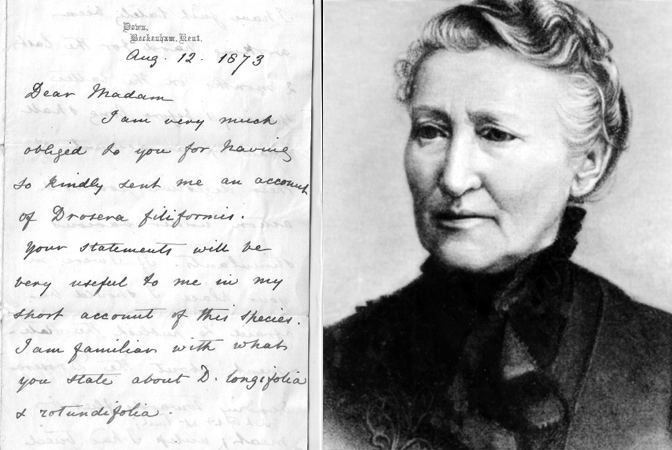When Barbara Kingsolver’s excellent previous novel “Flight Behaviour” was published I remember her describing in an interview how she couldn’t imagine not addressing environmental concerns in her writing given the state of global warming. It’s been six years since then and her new novel “Unsheltered” also has environmental issues at its heart, but takes a different angle. The novel has two storylines woven together in alternating chapters that switch back and forth between the years 1871 and 2016. However, both stories are set within the same house in the community of Vineland. We follow the people who inhabit this plot of land in different centuries as they struggle with financial worries, reactionary politics and fractious family life. Through this Kingsolver creates a poignant dialogue with the past to show how some things change and others remain the same on both a personal and political level as society advances and evolves. What’s always so brilliant about Kingsolver’s writing is the depth of humanity she instils in her characters so that they feel very real and heartfelt.
I always find stories that frankly address the way average people must grapple with money trouble to be especially moving. So often books circumvent financial concerns by portraying privileged characters or they simply don’t address the issue at all. What Kingsolver seems particularly concerned in showing in this novel is the gradual disappearance of the middle class of America. The storyline that takes place near our present time focuses on a freelance journalist named Willa Knox whose family is on the brink of poverty despite the fact she and her husband Iano have worked hard their whole lives. Iano is a teacher at a university but he’s been unable to secure tenure. After a great tragedy their adult son Zeke who is a Harvard Business School graduate is left with an infant to care for on his own. Iano’s father Nick’s health is failing quickly, but Willa must painfully argue with their medical insurers to get the treatment he needs. The family partly subsists on food brought home by Willa’s daughter Tig from her job at a restaurant. Their house is literally falling apart around them and Willa often feels desperate despite having tried to make all the right choices to secure their family’s future. It’s a damning critique of the state of America that a family like this is crippled by financial pressures, but Kingsolver portrays their tenacity and warmth with wonderful insight.
The sections of the novel that take place during the 19th century also feature a central character struggling with money. Thatcher Greenwood is a science teacher whose new home has been shoddily built and he struggles to provide for his young wife and other members of their family. But he also grapples with the conservative religious values of his school who disallow him from teaching Darwin’s revolutionary findings and he’s eventually corralled into a gruelling public debate to defend the theory of evolution. He finds solace in befriending his neighbour Mary Treat, a biologist and real historical figure who assiduously observed and tested natural phenomena in her locality to the point of placing her finger in a Venus-flytrap for many hours to see if it’d feed on her! Mary Treat also kept a steady correspondence with Darwin himself. She’s a fascinating historical figure I’d never heard of before. Her surviving writing and letters attest to her pioneering scientific discoveries. Unfortunately, this historical section veers away from the budding relationship between Thatcher and Mary.
Scientist Mary Treat and a letter Darwin wrote to her.
Kingsolver instead focuses on the murder case involving Charles Landis, a property developer who shot a journalist in cold blood after a critical article was published about him. It’s outrageous that Landis was judged in court to be not guilty based on temporary insanity. This is a significant and striking historical case and Kingsolver pointedly pairs it alongside the election of Donald Trump in the present day. But it unfortunately felt a bit too hastily crowbarred into the narrative so the author could make a statement. I feel it would have been truer to the story and integrity of its characters to keep Thatcher and Mary the focus of these sections instead. Nevertheless, it’s a fascinating incident and it’s dismayingly noteworthy how bloated capitalists have criminally bent the law to their own purposes throughout American history.
Overall, the past and present sections are artfully woven together – a final phrase of each chapter creates the chapter title of every new section. These pairings combine to raise interesting questions about the meaning of history, progress and family. The question of shelter is explored throughout on a number of different levels from individual homes to the planet’s ability to provide to the way in which a country nurtures or neglects its people. These ideas are dramatically played out in the two families’ engaging stories. Kingsolver is wonderful at making shrewd observations about human nature whether it’s the process of grief “When someone mattered like that, you didn’t lose her at death. You lost her as you keep living” or humorously terse statements such as “Beautiful people liked to claim looks didn’t matter, while throwing that currency around like novice bank robbers.” She’s such a thoughtful and empathetic writer that I completely fall into her novels every time. “Unsheltered” is a book that’s fiercely concerned about where we’re going as a society, but offers a steely message of hope.









